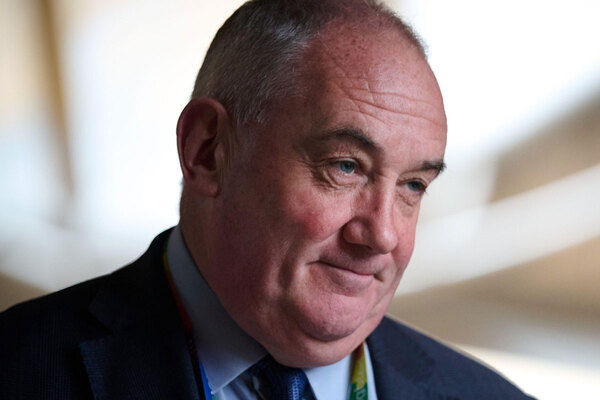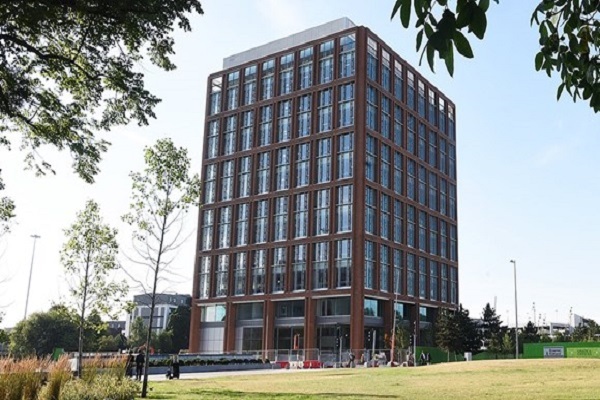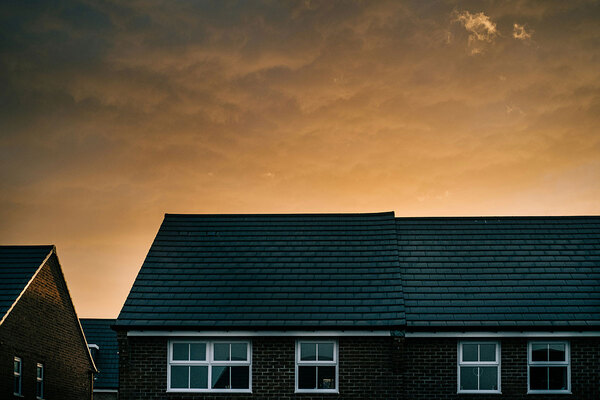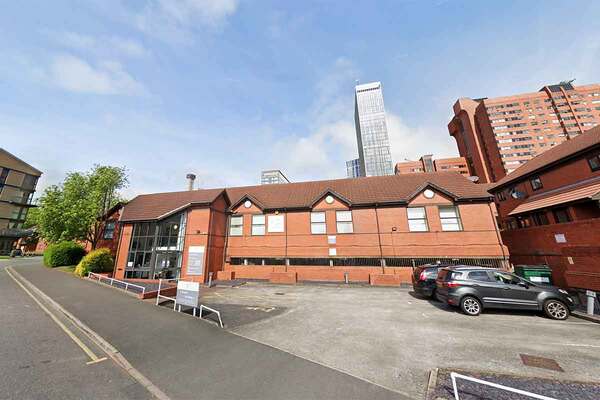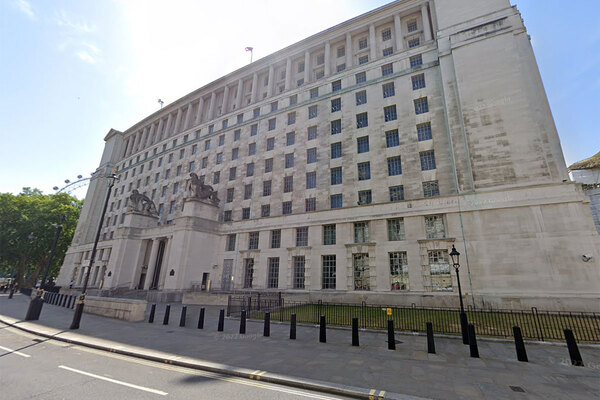You are viewing 1 of your 1 free articles
Scottish housing minister to outline domestic abuse duties for social landlords
The Scottish housing minister is due to outline duties for social landlords to prevent domestic abuse survivors from becoming homeless.

Paul McLennan will address the Scottish parliament’s Social Justice and Social Security Committee later today, outlining the measures in the Housing Bill that were introduced in March.
He will say that the legislation, if passed, would require all social landlords to develop, implement and maintain a policy for supporting tenants experiencing domestic abuse.
Where a tenant is in rent arrears because of domestic abuse, existing protection against eviction would be strengthened to require social landlords to support the tenant in accordance with the landlord’s domestic abuse policy.
The Housing Bill is currently going through stage one scrutiny in the Scottish parliament.
As well as the domestic abuse policies, the bill places an ‘ask and act’ duty on social landlords, health boards and the police to ask about a person’s housing situation and act to prevent them becoming homeless wherever possible.
In addition, when selecting tenants, social landlords must give a “reasonable preference” to homeless people and those threatened with homelessness (ie it is likely they will become homeless within six months).
Mr McLennan said: “Scotland already has the strongest homelessness rights of anywhere in the UK, however, domestic abuse is a leading cause of homelessness for women, and we want to make sure no one experiences the trauma of losing their home due to abuse.
“Financial abuse is a significant element of coercive control in domestic abuse situations. Research suggests 89% of women experience financial abuse as part of domestic abuse.
“Measures in the Housing Bill aim to ensure people experiencing domestic abuse living in social housing can be supported to stay in their home or be rehoused if they wish. Also, that rent arrears caused by domestic abuse do not prevent victims from accessing social housing in the future.”
Mr McLennan’s address came after landowners criticised the Housing Bill, saying it was “damaging the confidence” of housing providers in rural areas.
The bill’s promise of long-term rent controls has also been a subject of concern for housing associations, which are worried that the measures could affect the viability of the mid-market rent tenure.
Speaking to Inside Housing earlier this month, Mr McLennan said that the main themes in the bill – rent controls, tenants’ rights and homelessness prevention – are still “the right areas we need to be involved in”, but discussions with other parties about the “structure” of the legislation are ongoing.
“One of the key things is making sure we get the bill through parliament,” he said. “It needs that political support, so those discussions will continue.”
Last week, housing organisations, including the Chartered Institute of Housing, Joseph Rowntree Foundation and Homes for Scotland, launched a housing emergency action plan that called on the first minister to prioritise reducing the number of children in temporary accommodation.
Sign up for our Scotland newsletter
Already have an account? Click here to manage your newsletters

